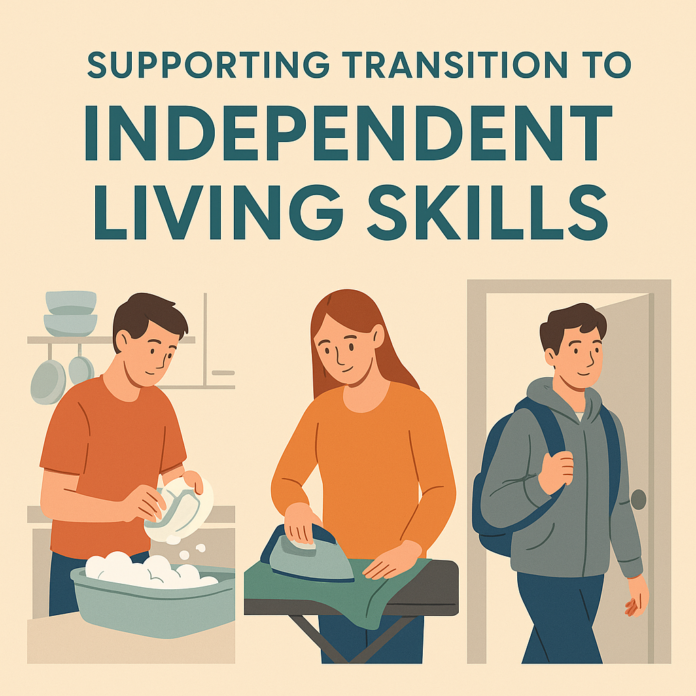Transitioning to independent living can be both exciting and overwhelming for autistic individuals. With the right support and preparation, they can develop essential life skills, build confidence, and take meaningful steps toward greater autonomy.
Understanding Executive Functioning Challenges Executive functioning affects the ability to:
- Plan and organize daily tasks
- Prioritize and manage time
- Adapt to changes and solve problems
Recognizing and supporting these challenges is the foundation of effective life skills training.
Life Skills Training for Real-World Needs Practical competencies should be taught explicitly and gradually. Key focus areas include:
- Personal hygiene and grooming
- Cooking simple meals and understanding nutrition
- Managing money and budgeting
- Housekeeping and laundry routines
Using visual schedules, checklists, and repetition can enhance learning.
Encouraging Gradual Independence Start small and build over time. Strategies include:
- Practicing skills in safe, familiar environments
- Providing step-by-step instruction and fading support gradually
- Celebrating small wins to build motivation
Safety Planning as a Core Component Independent living also means knowing how to stay safe. Important areas to cover:
- Understanding personal boundaries and emergency contacts
- Navigating public spaces and transportation safely
- Recognizing when and how to ask for help
Building Practical Competencies Through Support Collaborate with families, educators, and therapists to:
- Identify strengths and challenges
- Set realistic, individualized goals
- Provide ongoing opportunities for real-life practice
Final Thoughts Supporting independent living is about more than teaching tasks—it’s about fostering confidence, safety, and self-determination. With patient, tailored support, autistic individuals can thrive in their journey toward independence.
